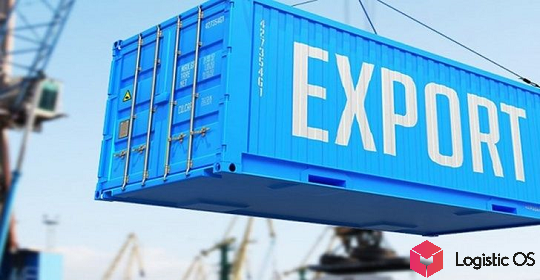The Ministry of Agriculture proposed to introduce quotas for the import of seed material from «unfriendly» countries.
Which crop seeds will be subject to quotas?
It is planned that it is necessary to minimize the import of foreign seeds of potatoes, sunflower, wheat and meslin, rye, barley, corn, soybeans, rapeseed and sugar beets.
Which seed exporting countries will be affected by the law?
Countries that supported Western sanctions against Russia: USA, EU countries, Canada, Australia, Norway, Ukraine, Albania, Montenegro, Iceland, Liechtenstein, UK and Northern Ireland.
Some crops are highly dependent on imported seeds: the most difficult situation is with beet seeds — almost 100% of foreign seed material is used.
Corn and sunflower: about half of the seeds are imported from abroad, but during the year, experts suggest, you can practically get away from imports.
Wheat and barley are in the most stable and independent situation from imports.
But, unfortunately, the available domestic seed material, for the most part, is inferior to the imported one.
As a rule, imported seeds are more resistant to diseases, tolerate difficult weather conditions well and at the same time are affordable.
There is domestic seed material, but the yield will be lower if it is used.
The idea of introducing seed import quotas was announced in early August by Deputy Minister of Agriculture Oksana Lut.
It was noted that 90% of seeds are imported into Russia from unfriendly countries. Under the current conditions, this is an element of food security, so the situation with seed material must be brought to a point where everyone will understand that agricultural producers will be provided with seeds Russian selection.
If we talk about Russian selection, then not everything is so optimistic: funds are required, and most importantly, time.
A few years ago, the German company Bayer agreed to transfer seed breeding technology to Russia.
After four years, Western technologies have not been fully implemented: not everything was transferred and not in full.
The infrastructure for introducing modern technologies did not work at the proper level: several companies were attracted to try to implement it.
But, there were no changes in the seed market, and dependence on imports did not decrease.
Analysts consider the introduction of quotas a belated measure: taking into account the existing problems with logistics, farmers conclude contracts for the supply of seeds in advance, which may have to be canceled.
A more correct solution, according to analysts, would be to freeze the cost and set cap prices for seeds.

